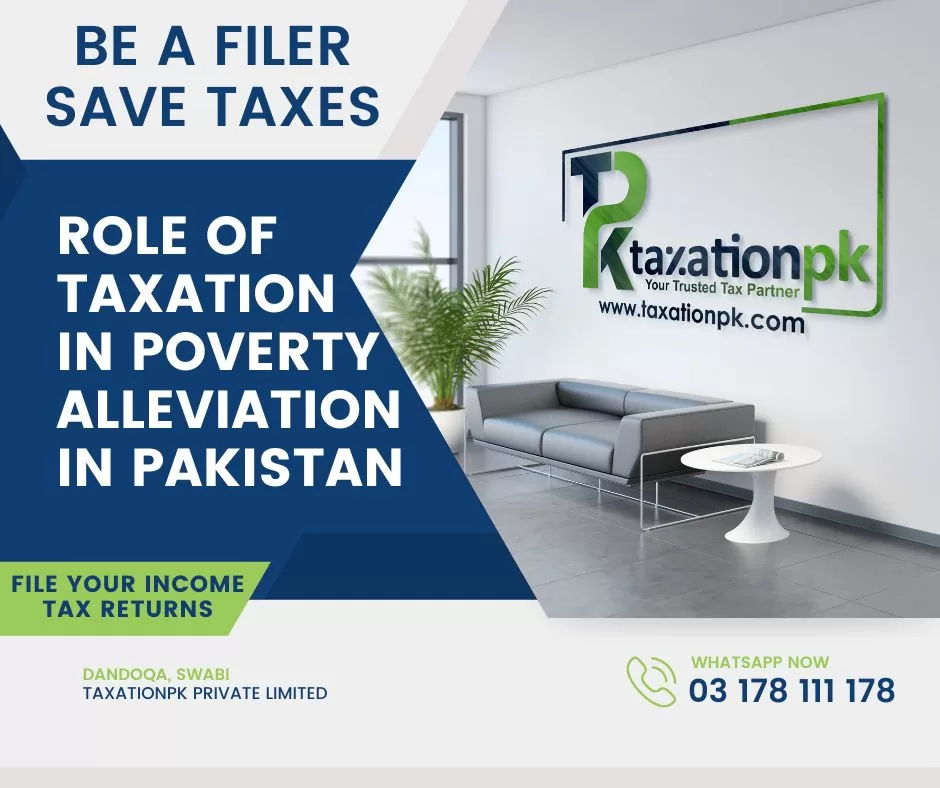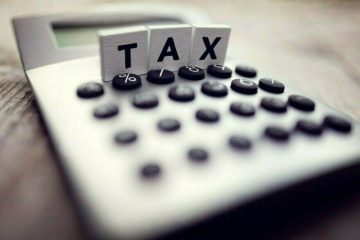Pakistan is a country with a high poverty rate, and the government has implemented several measures to alleviate poverty. One of the most effective measures is through taxation. Taxation plays a crucial role in poverty alleviation as it helps to generate revenue for the government, which can be used to fund various poverty alleviation programs. In this article, we will explore the role of taxation in poverty alleviation in Pakistan.
Types of Taxes in Pakistan
Before delving into the specifics of how taxation can alleviate poverty, it is essential to understand the various types of taxes in Pakistan.
The following are the primary types of taxes in Pakistan:
- Income Tax: Income tax is levied on the income earned by individuals and companies. The tax rate varies depending on the income bracket, with higher earners paying a higher percentage of their income as tax.
- Sales Tax: Sales tax is levied on the sale of goods and services. The tax rate varies depending on the type of product or service.
- Customs Duty: Customs duty is levied on the import and export of goods. The tax rate varies depending on the type of product and its value.
Role of Taxation in Poverty Alleviation
The role of taxation in poverty alleviation is multi-faceted. The following are some of the ways in which taxation can alleviate poverty in Pakistan:
- Increased Revenue for Poverty Alleviation Programs
Taxation helps to generate revenue for the government, which can be used to fund various poverty alleviation programs. These programs can include education, healthcare, and social welfare programs that benefit the poor. For instance, the Benazir Income Support Program (BISP) is a social welfare program in Pakistan that provides cash transfers to eligible families living below the poverty line. This program is funded by the government and relies on tax revenue to function.
- Redistribution of Wealth
Taxation can also help to redistribute wealth from the rich to the poor. By imposing higher tax rates on high-income earners, the government can ensure that the burden of taxation is shared more equitably. This can help to reduce income inequality and ensure that the poor have access to basic needs such as education, healthcare, and housing.
- Encourages Investment and Growth
Taxation policies can also encourage investment and growth, which can lead to job creation and increased income for the poor. For instance, the government can offer tax incentives to businesses that invest in poverty-stricken areas. This can help to create jobs and boost the local economy, which can have a positive impact on poverty levels.
- Combating Corruption
Taxation can also play a crucial role in combating corruption, which is a significant obstacle to poverty alleviation in Pakistan. By ensuring that all citizens and businesses pay their fair share of taxes, the government can reduce the incentive for corruption and increase accountability.
Challenges in Implementing Taxation for Poverty Alleviation
While taxation can be an effective tool for poverty alleviation, there are several challenges that must be addressed to ensure its success. The following are some of the challenges in implementing taxation for poverty alleviation in Pakistan:
- Tax Evasion
Tax evasion is a significant problem in Pakistan, with many individuals and businesses avoiding taxes. This reduces the revenue available for poverty alleviation programs and undermines the effectiveness of taxation as a tool for poverty alleviation.
- Limited Resources
The government’s limited resources can also be a challenge in implementing taxation for poverty alleviation. The government must balance the need to generate revenue through taxation with the need to invest in poverty alleviation programs.
- Lack of Accountability
There is also a lack of accountability in the use of tax revenue for poverty alleviation programs. The government must ensure that the revenue generated through taxation is used effectively and efficiently for poverty alleviation.
Conclusion
In conclusion, taxation can play a crucial role in poverty alleviation in Pakistan. Through taxation, the government can generate revenue for poverty alleviation programs, redistribute wealth, encourage investment and growth, and combat corruption. However, there are several challenges that must be addressed to ensure the success of taxation as a tool for poverty alleviation. These challenges include tax evasion, limited resources, and lack of accountability. By addressing these challenges, the government can leverage taxation to alleviate poverty and improve the lives of millions of Pakistanis.






